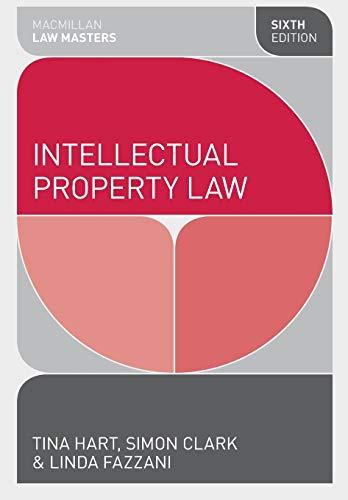Answered step by step
Verified Expert Solution
Question
1 Approved Answer
In determining the licensing requirements for nuclear reactors, the Nuclear Regulatory Commission (NRC) adopted a zero-release assumption: that the permanent storage of certain nuclear waste
- In determining the licensing requirements for nuclear reactors, the Nuclear Regulatory Commission (NRC) adopted a zero-release assumption: that the permanent storage of certain nuclear waste would have no significant environmental impact and that potential storage leakages should not be a factor discussed in the appropriate environmental impact statement (EIS) required before permitting construction of a nuclear power plant. This assumption is based on the NRC's belief that technology would be developed to isolate the wastes from the environment, and it was clear from the record that the NRC had "digested a massive material and disclosed all substantial risks" and had considered that the zero-release assumption was uncertain. There was a remote possibility of contamination by water leakage into the storage facility. An environmental NGO sued, asserting that the NRC had violated the regulations governing the EIS by arbitrarily and capriciously ignoring the potential contamination. The court of appeals agreed, and the power plant appealed. Had the NRC acted arbitrarily and capriciously?
- David Lucas paid $975,000 for two residential parcels on the Isle of Palms near Charleston, South Carolina. His intention was to build houses on them. Two years later, the South Carolina legislature passed a statute that prohibited building beachfront properties. The purpose was to leave the dunes system in place to mitigate the effects of hurricanes and strong storms. The South Carolina Coastal Commission created the rules and regulations with substantial input from the community and from experts and with protection of the dune system primarily in mind. People had been building on the shoreline for years, with harmful results to localities and the state treasury. When Lucas applied for permits to build two houses near the shoreline, his permits were rejected. He sued, arguing that the South Carolina legislation had effectively "taken" his property. At trial, South Carolina conceded that because of the legislation, Lucas's property was effectively worth zero. Has there been a taking under the Fifth Amendment (as incorporated through the Fourteenth Amendment), and if so, what should the state owe to Lucas? Suppose that Lucas could have made an additional $1 million by building a house on each of his parcels. Is he entitled to recover his original purchase price or his potential profits?
Step by Step Solution
There are 3 Steps involved in it
Step: 1

Get Instant Access to Expert-Tailored Solutions
See step-by-step solutions with expert insights and AI powered tools for academic success
Step: 2

Step: 3

Ace Your Homework with AI
Get the answers you need in no time with our AI-driven, step-by-step assistance
Get Started


